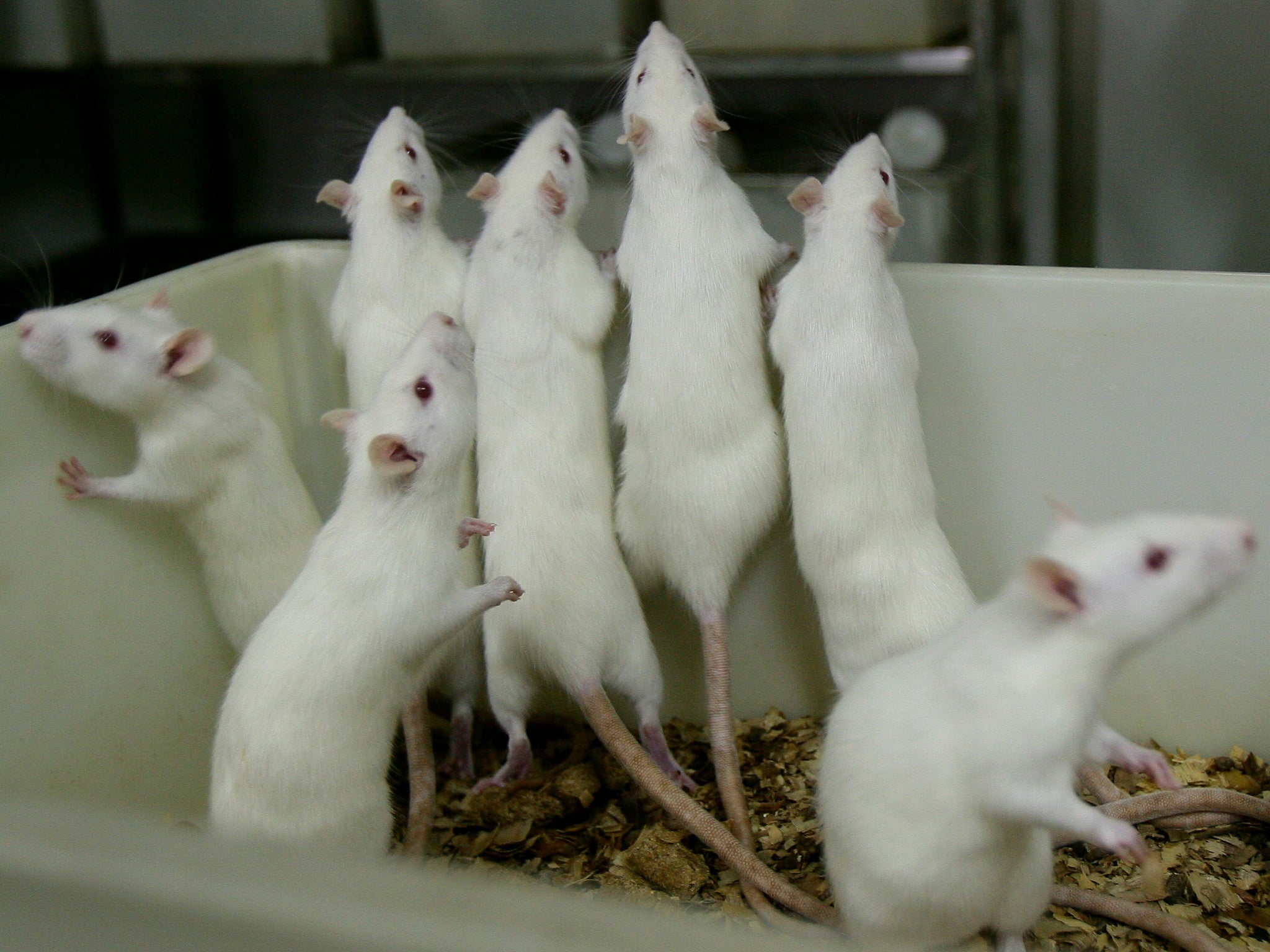Why you're almost certainly more like your father than your mother
Paternal genes have been found to be more dominant than the maternal ones

Your support helps us to tell the story
From reproductive rights to climate change to Big Tech, The Independent is on the ground when the story is developing. Whether it's investigating the financials of Elon Musk's pro-Trump PAC or producing our latest documentary, 'The A Word', which shines a light on the American women fighting for reproductive rights, we know how important it is to parse out the facts from the messaging.
At such a critical moment in US history, we need reporters on the ground. Your donation allows us to keep sending journalists to speak to both sides of the story.
The Independent is trusted by Americans across the entire political spectrum. And unlike many other quality news outlets, we choose not to lock Americans out of our reporting and analysis with paywalls. We believe quality journalism should be available to everyone, paid for by those who can afford it.
Your support makes all the difference.Genes from your father are more dominant than those inherited from your mother, new research has shown.
All mammals are likely to use the majority of genetic material passed down from males, even if offspring look and act more like the mother, according to the study on lab mice by University of North Carolina’s School of Medicine.
This means that even though we inherit an equal amount of DNA from each parent, the paternal line is mostly found to govern how a person develops into an adult – especially in regards to their health.
The findings could give scientists more insight into how diseases and conditions are caused by the expression of thousands of genes, of which several hundred imprinted genes – rather than out of the 95 initially thought – could be in favour of the father.
Professor and author of the study paper Fernando Pardo-Manuel de Villena said: “This is an exceptional new research finding that opens the door to an entirely new area of exploration in human genetics.”
The study on the offspring of three genetically-diverse strains of “Collaborative Cross” mice is hoped to shed light on how mutations show up in complex diseases such as diabetes, heart disease, schizophrenia and obesity, according to Science Daily.

James Crowley, assistant professor of genetics, selected strains of mice that descended from a subspecies that evolved on different continents and each type was used as both father and mother.
When the nine baby mice reached adulthood, the researchers measured gene expression in four different kinds of tissue, including RNA sequencing in the brain.
“This expression level is dependent on the mother or the father,” Pardo-Manuel de Villena said.
“We now know that mammals express more genetic variance from the father. So imagine that a certain kind of mutation is bad. If inherited from the mother, the gene wouldn't be expressed as much as it would be if it were inherited from the father.
“So, the same bad mutation would have different consequences in disease if it were inherited from the mother or from the father.”
The study is published in the journal Nature Genetics.
Join our commenting forum
Join thought-provoking conversations, follow other Independent readers and see their replies
Comments